1. This is the Earth where every single human has ever lived.
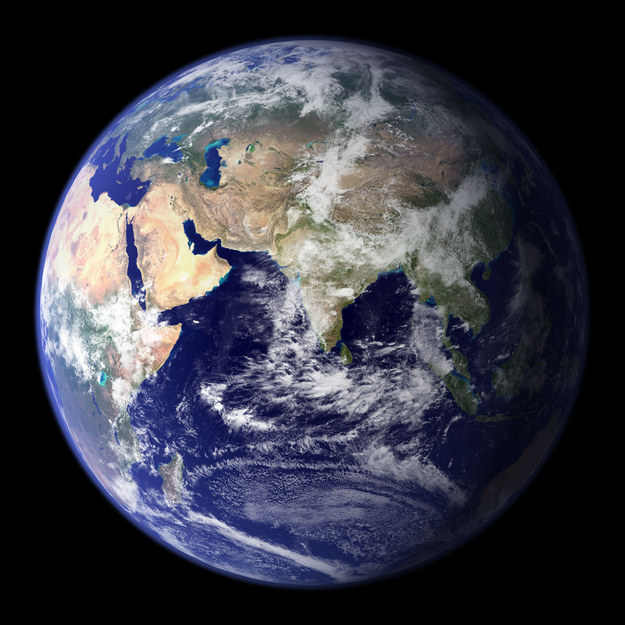
NASA Goddard Space Flight Center Image / Via visibleearth.nasa.gov
2. And this is our local neighborhood, the solar system.
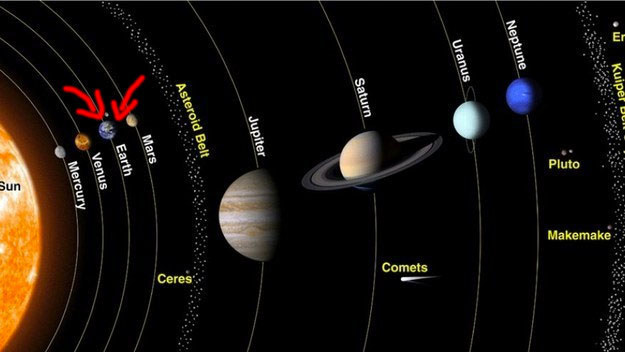
Via foxnews.com
3. Heres the distance, to scale, between the Earth and the moon. It looks far, but is it?
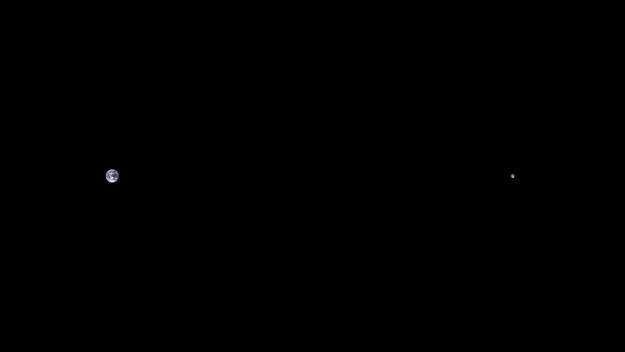
4. Nope. You can just about fit every planet in our solar system within that distance.
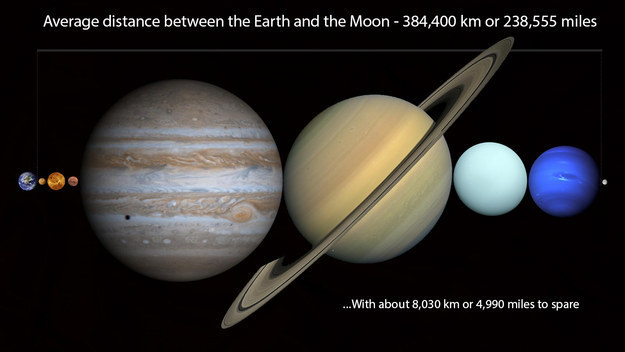
PerplexingPotato / Via reddit.com
5. But some of these planets are very large indeed. That green speck you see? Thats what North America would look like on Jupiter.
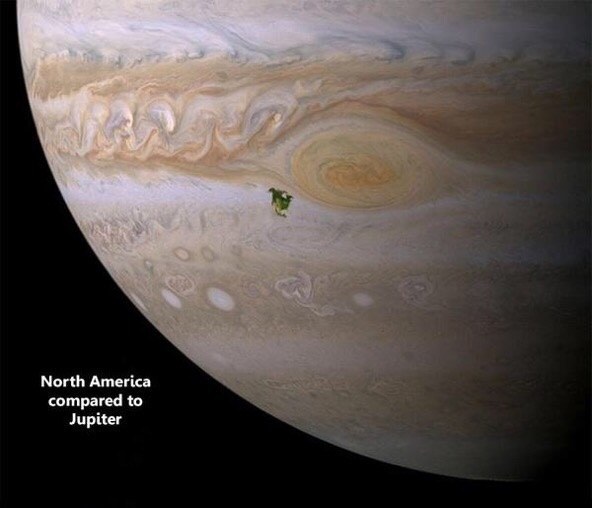
NASA / John Brady / Via astronomycentral.co.uk
6. And heres how the Earth fares next to Saturn. Not very big at all, right?
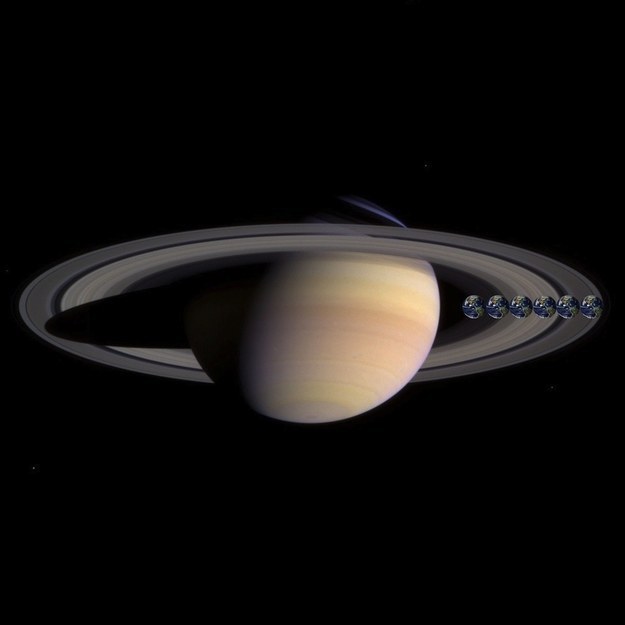
NASA / John Brady / Via astronomycentral.co.uk
7. Heres a fun fact: if Earth had Saturns rings, the view from our soil would look like this:
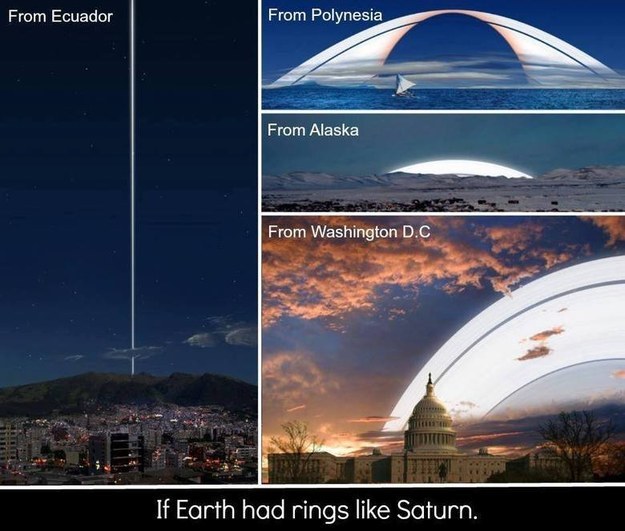
Ron Miller / Via io9.com
8. And to make things even more interesting, heres what a comet would look like on top of Los Angeles:
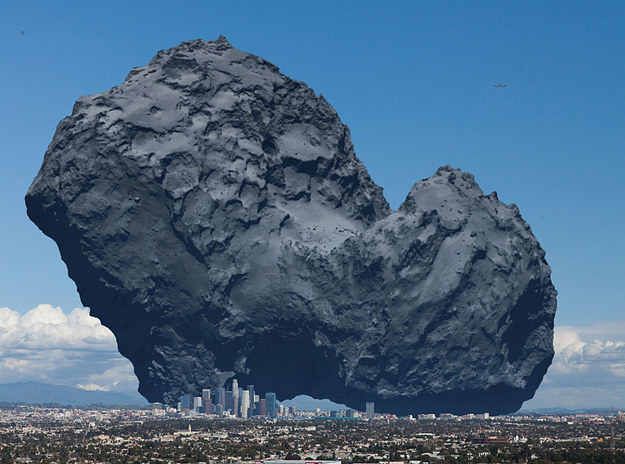
Matt Wang / Via mentalfloss.com
9. But thats still nothing considering how small we are compared to our sun:
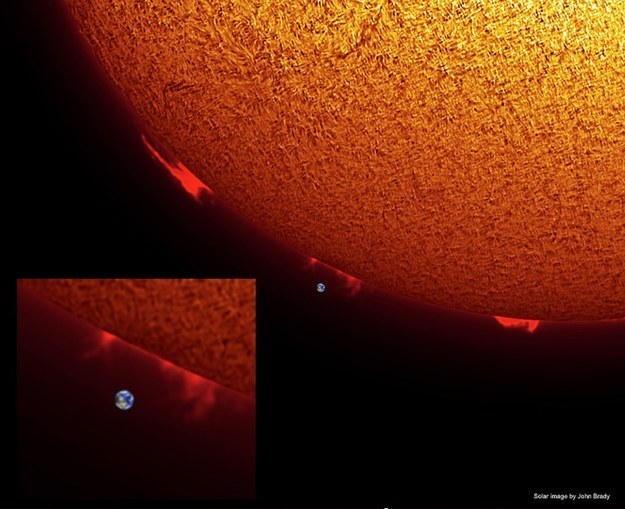
John Brady / Via astronomycentral.co.uk
10. To drive that point home, heres another comparison:
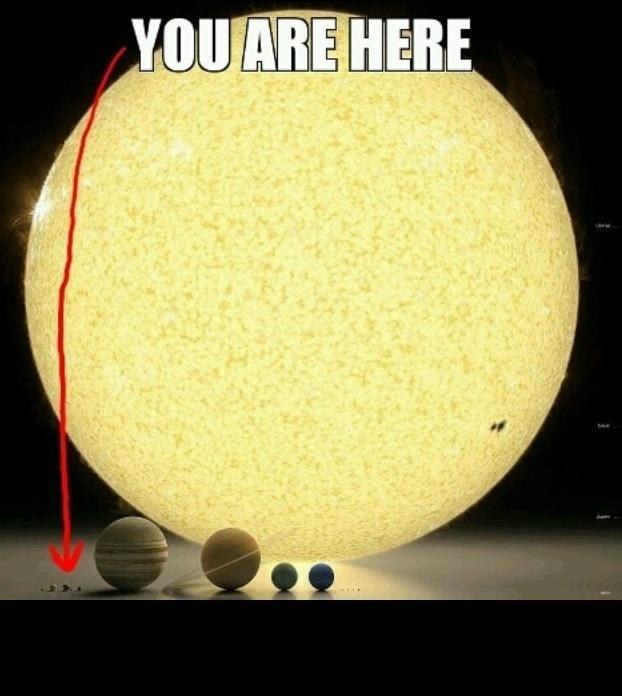
Via Twitter: @maiwandafghani
11. Here what our planet looks like from the moon:
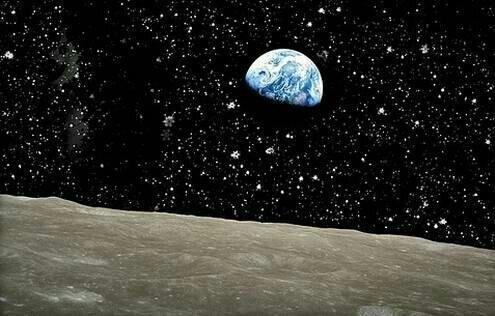
NASA
12. From Mars:
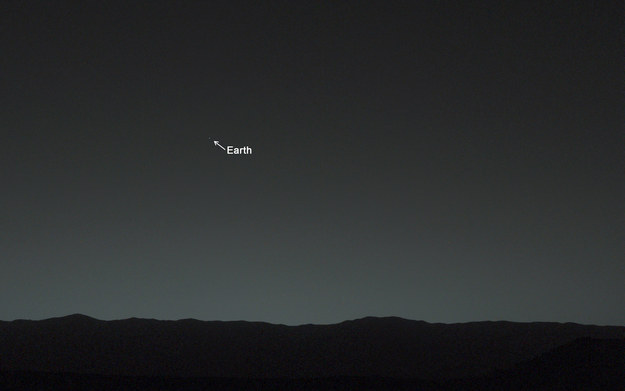
NASA
13. And from behind Saturns rings:
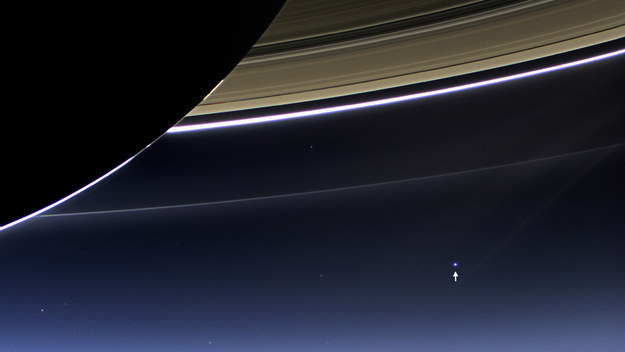
NASA
14. This is the earth beyond Neptune, 4 billion miles away. To paraphrase Carl Sagan, Everyone and everything you have ever known exists on that little speck.
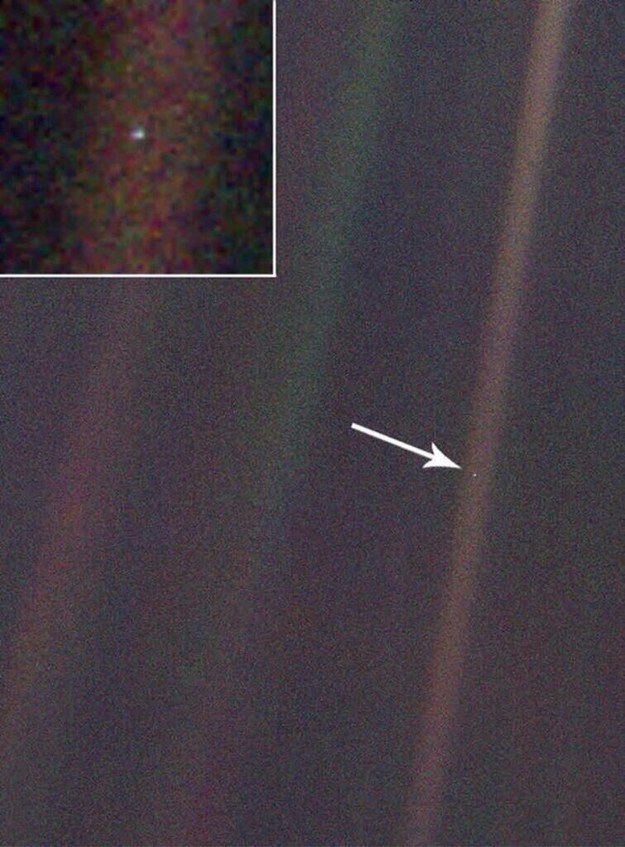
NASA
15. Carl Sagan once once famously said that there are more stars in space than there are grains of sand on every beach on Earth:
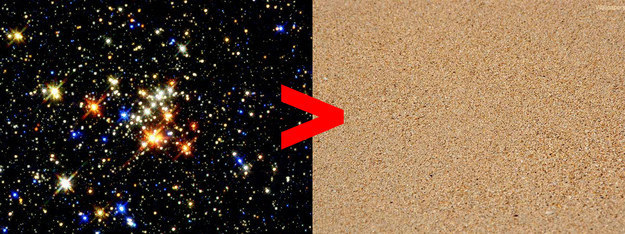
Via science.nationalgeographic.com
16. Which means that there are ones much, much bigger than what would be our relatively tiny sun. I mean, just look at it:
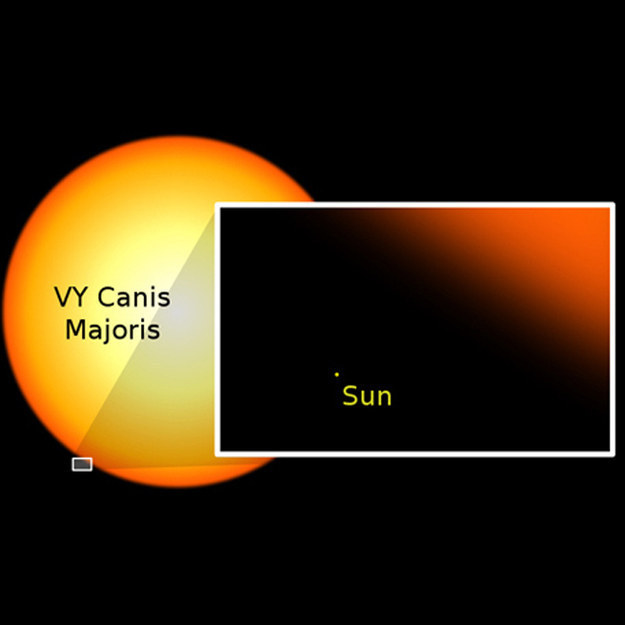
Via en.wikipedia.org
17. But even that was nothing. The biggest star, VY Canis Majoris, is 1,000,000,000 times bigger than our sun:
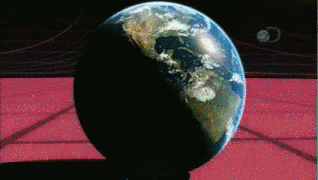
Via youtube.com
18. But none of those come anywhere close to the size of a galaxy. If you reduced the size of our sun to that of a white blood cell, and then reduced the size of the Milky Way galaxy using the same scale, the Milky Way would be the size of the United States:
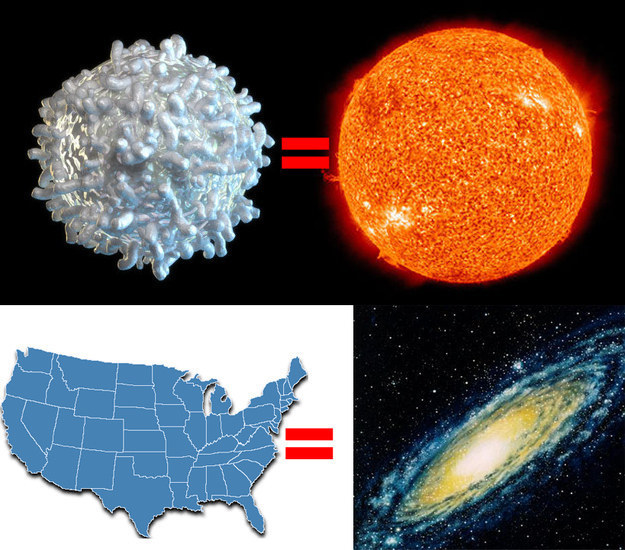
Via reddit.com
19. But even our unimaginably massive galaxy is TINY compared with some other much larger galaxies. Heres the Milky Way compared to IC 1011, 350 million light years away from Earth:
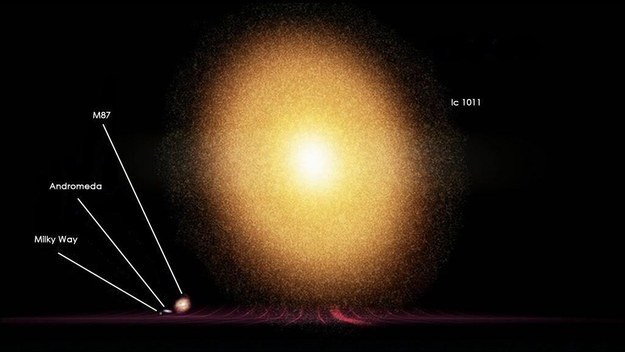
Via Twitter: @smokeinpublic
20. But it gets even better. This picture taken by the Hubble telescope reveals that there are THOUSANDS of galaxies, each containing MILLIONS of stars, each with their own planets.
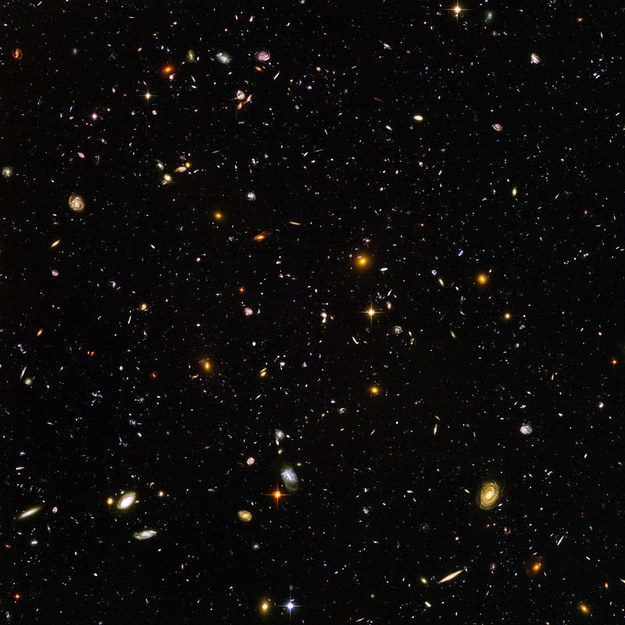
Via hubblesite.org
21. This is UDF 423, a galaxy which is 10 BILLION light years away. That means this image, even when viewed in a telescope now, right here on earth, is actually 10 billion light years old. Try to wrap your head around that one.
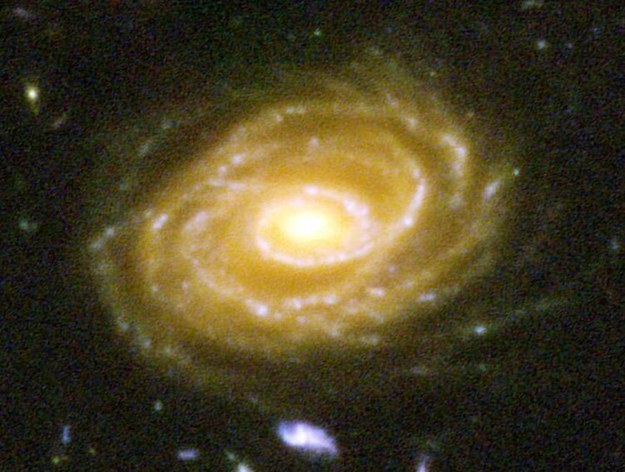
Via wikisky.org
22. But you should also know that all of this is just a fraction of the universe.
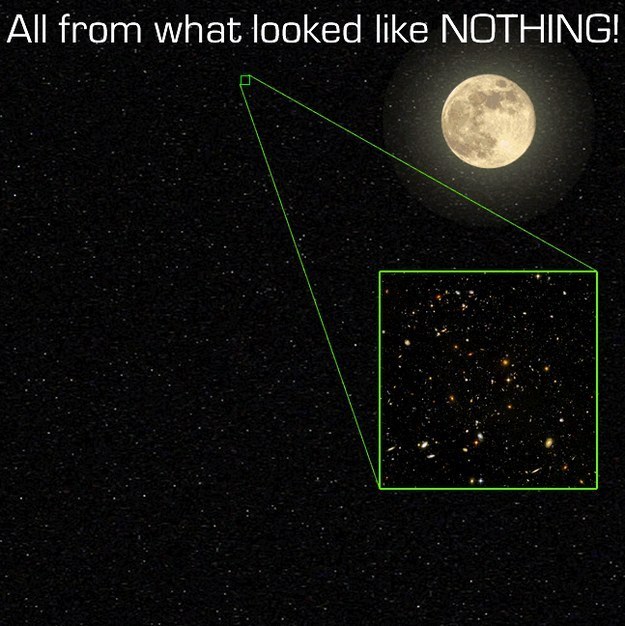
Via thetoc.gr
So to put this all in perspective, lets look at earth, and then start to zoom out…
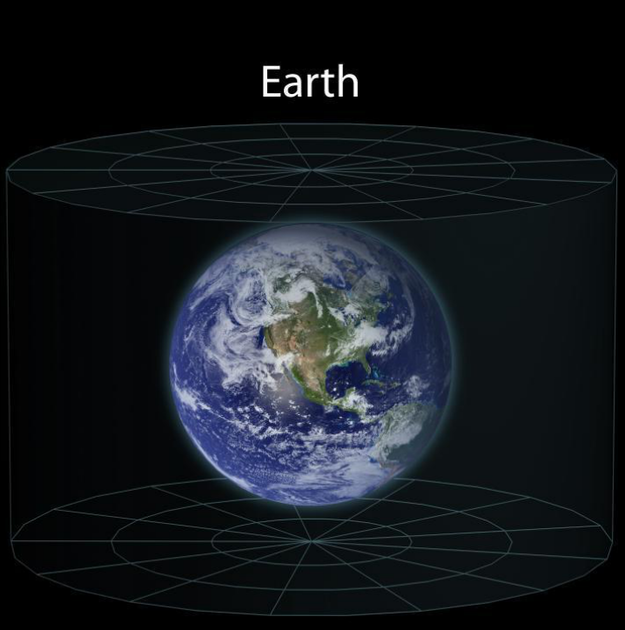
By Andrew Z. Colvin (Own work) [CC-BY-SA-3.0 (creativecommons.org) or GFDL (gnu.org)], via Wikimedia Commons
Our Solar system…
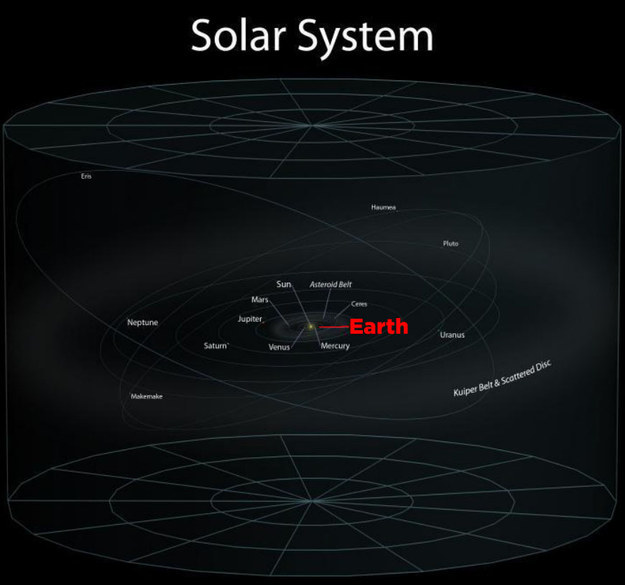
I am prepared…
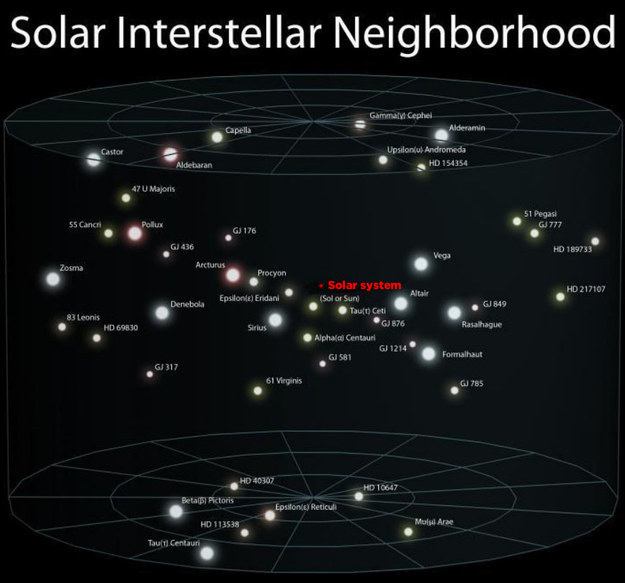
By Andrew Z. Colvin (Own work) [CC-BY-SA-3.0 (creativecommons.org) or GFDL (gnu.org)], via Wikimedia Commons
Oh boy…
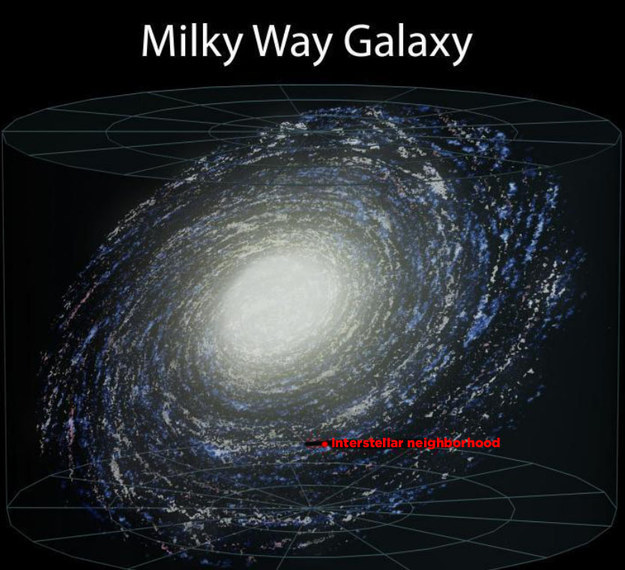
By Andrew Z. Colvin (Own work) [CC-BY-SA-3.0 (creativecommons.org) or GFDL (gnu.org)], via Wikimedia Commons
Arghh…
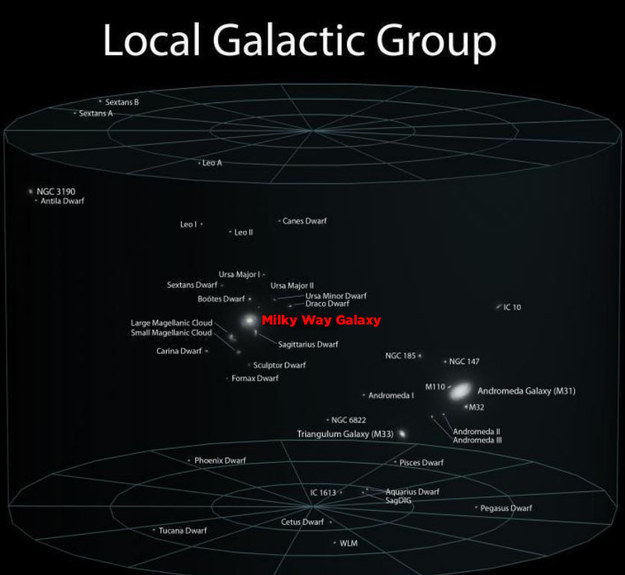
By Andrew Z. Colvin (Own work) [CC-BY-SA-3.0 (creativecommons.org) or GFDL (gnu.org)], via Wikimedia Commons
*starts getting dizzy*…
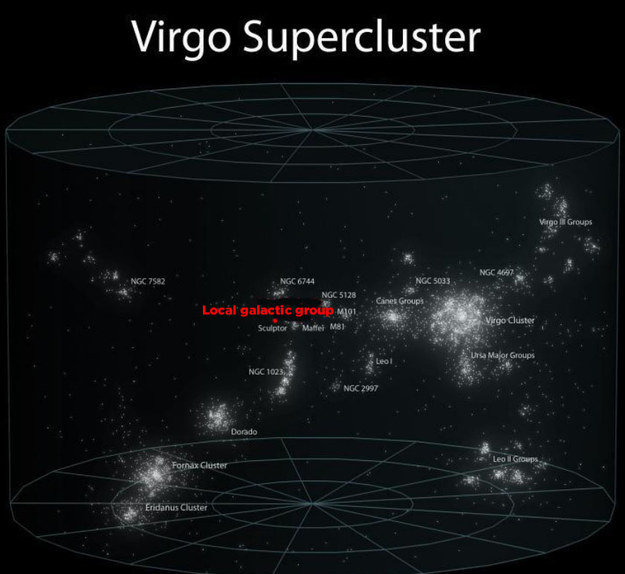
By Andrew Z. Colvin (Own work) [CC-BY-SA-3.0 (creativecommons.org) or GFDL (gnu.org)], via Wikimedia Commons
*almost fainting*…
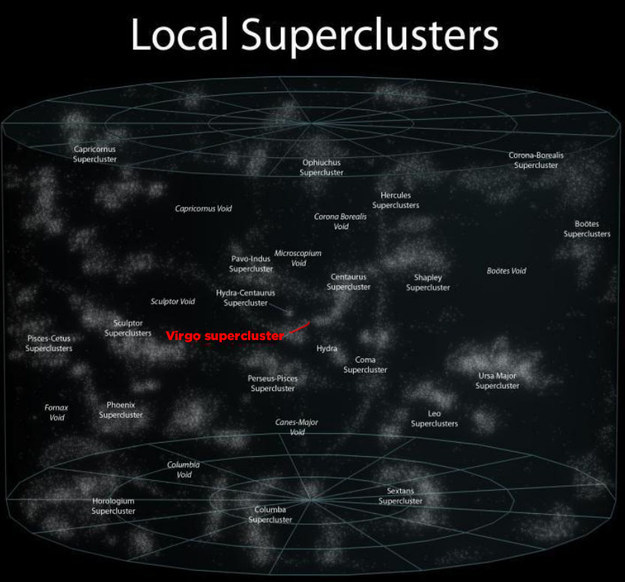
By Andrew Z. Colvin (Own work) [CC-BY-SA-3.0 (creativecommons.org) or GFDL (gnu.org)], via Wikimedia Commons
Woah. There it is. The entire observable universe as we know it.
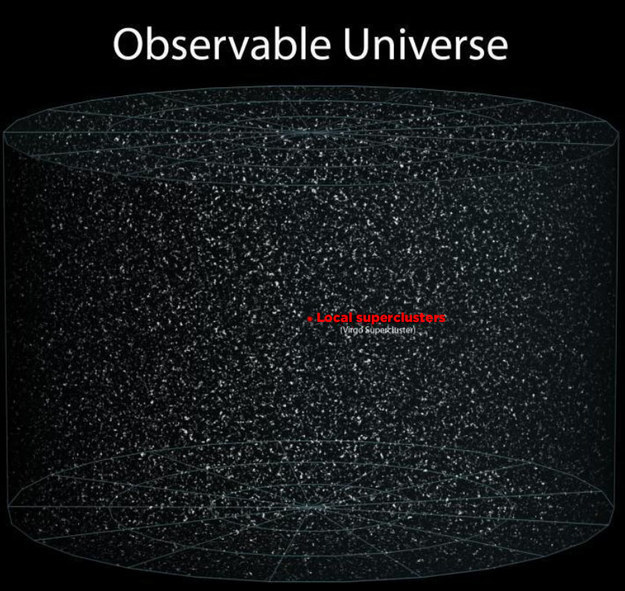
By Andrew Z. Colvin (Own work) [CC-BY-SA-3.0 (creativecommons.org) or GFDL (gnu.org)], via Wikimedia Commons
Mind = Blown.
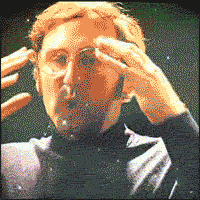
(h/t: Buzzfeed)
